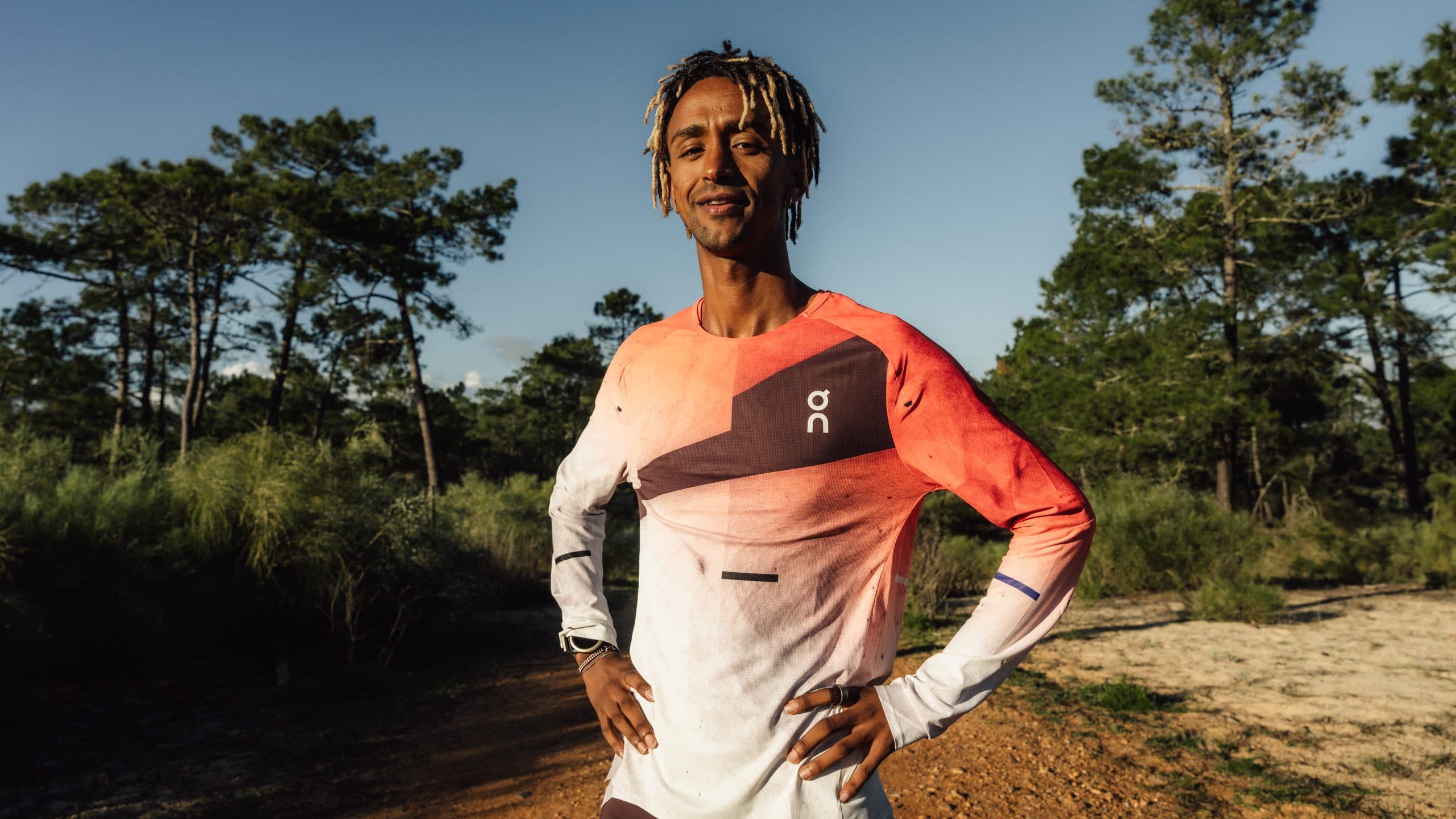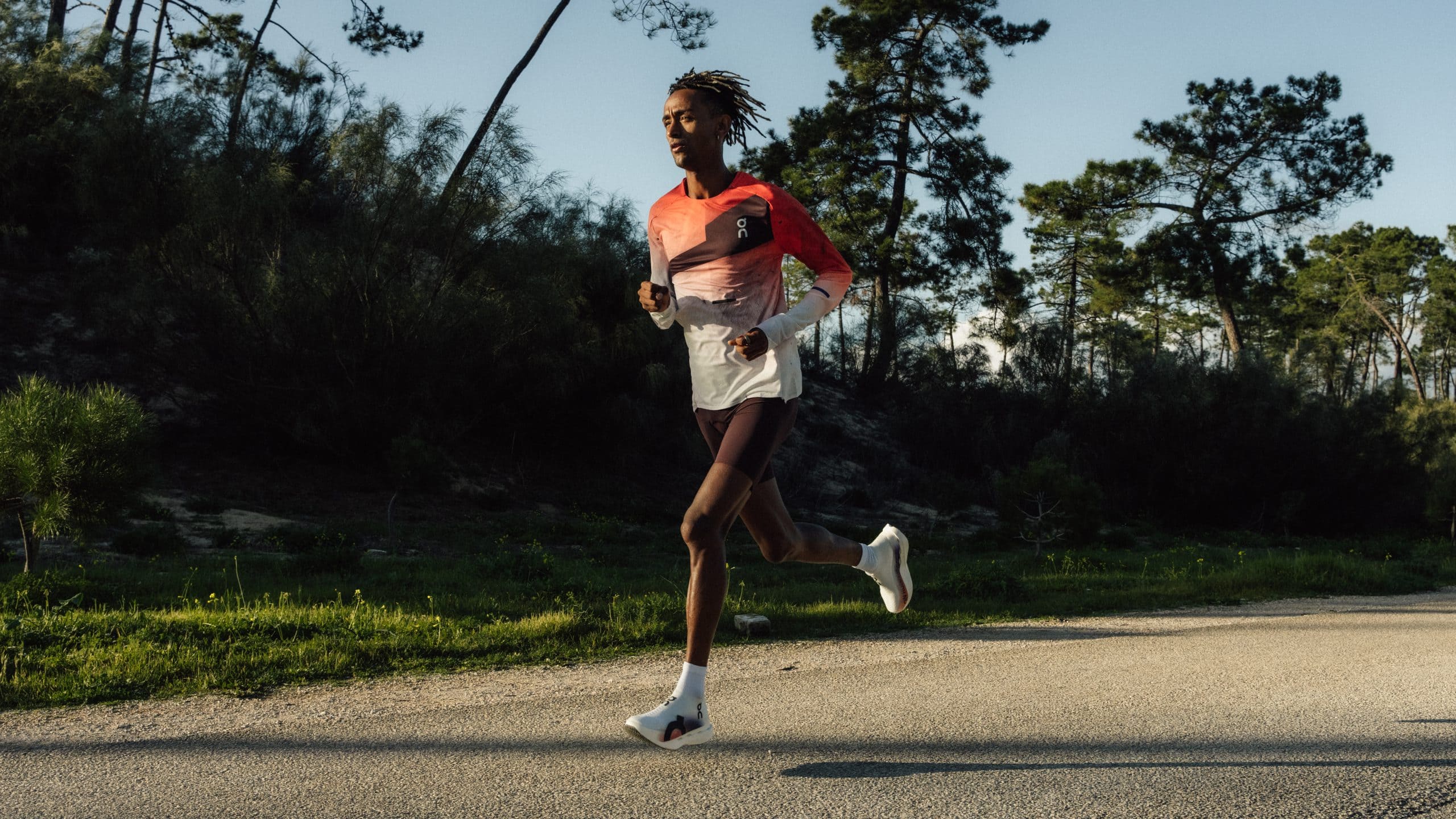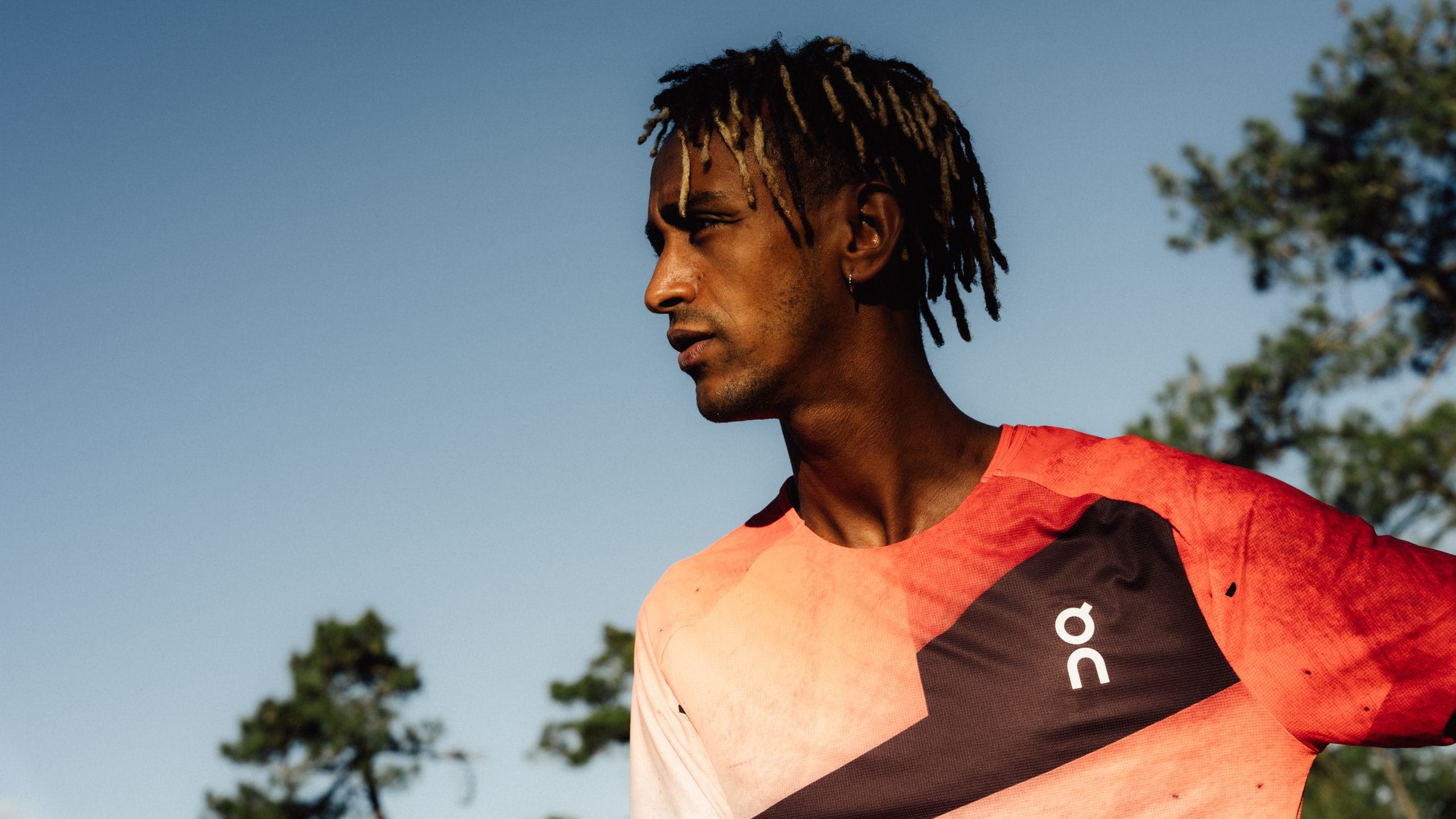“Questions On” is the video interview format created by C41. It consists of three simple questions addressed to our network of friends, partners, and creative minds. This episode features Yeman Crippa on the occasion of his entry to On’s Elite Athlete Team.
Yeman Crippa, born in Dessie, Ethiopia, overcame a tumultuous childhood marked by the Eritrean-Ethiopian war, which separated his family. Orphaned and later adopted by an Italian couple at age seven, he moved to Trent, where his talent for running quickly surpassed his initial passion for football. Crippa debuted internationally at the 2018 European Championships in Amsterdam, placing eighth in the 5000m. He has since become a dominant force, winning gold in the 10,000m at the 2022 European Championships in Munich and the half-marathon at the 2024 Championships in Rome. Crippa holds Italian records in the 3000m, 5000m, 10,000m, and half-marathon, and he became Italy’s second-fastest marathon runner with a 2:06:06 finish at the 2024 Sevilla Marathon.
Ahead of the 2025 road running season, On is announcing that Yeman Crippa is the latest high-profile addition to its athletes team. Crippa will officially debut for On at the Edreams Barcelona Half Marathon on February 16th. We had the opportunity to meet him before this occasion to learn more about him and his vision of running.
Nicole Salotti: Running is often seen as a rigid discipline, but what is it for you? Where do you find room for your freedom or self-expression in your training routine or competitions?
Yeman Crippa: Professional running might be seen as something full of sacrifices, of giving things up, and that’s it. And maybe the achievement is seen as less important, it doesn’t have the same value. No, of course, running is something very beautiful that has given me a future, the chance to be the person I am today—not just thanks to my commitment, but also thanks to athletics. And it’s allowed me to meet so many people, people who today are the closest ones I have, and who I wouldn’t have met without running. I live, let’s say, a privileged life thanks to running, thanks to athletics, so I can say that athletics is everything to me, running is everything. It teaches you so much and helps you make so many decisions, and in my case, it allows me to travel the world, meet so many cultures, and see new places. Without running, maybe I wouldn’t have lived this life or experienced these things. Not being, let’s say, a “normal person” or doing a “normal job”, does involve sacrifices. But we can’t call them sacrifices, because today I see athletics as a real passion. Sometimes I forget it’s a job because everything feels kind of automatic to me. It gives you a lot of free time to dedicate to yourself and to think about your things, and it also gives you the flexibility to train at different times. For example, today I train at ten in the morning, and I don’t have to be in the office at eight. That’s a freedom we take for granted, but it’s still freedom. If I want to go train somewhere different from Trento, where I live, I can do it without having to ask my boss for permission or take days off. I think this is an invaluable freedom, and I know this life doesn’t last forever. Sooner or later, it ends, and we have to try to enjoy it as much as we can.
NS: You’re used to always running at full speed, but is there a specific moment when you take the time to pause and reflect on who you are beyond the athlete you’ve become?
YC: Of course, our routine is always about running, about trying to give your best in training, even in those moments when you’re running alone. Maybe it’s those moments that make you think a bit about what you’re doing in your life, what will happen in the future, what you’ve been through, and whether you’re doing what you want or if it’s just a routine—something you’re used to doing, so you do it automatically. Sometimes, I run alone with some music, and in those moments, I think about myself, whether I like what I’m doing, and a bit about the future. We think we’ll run our whole lives, but maybe in seven years, my life will be something completely different, and I imagine what it could be. Or, other times, when I’m at a training camp, maybe when I’m alone in my room, I think about my life and how things are going. These moments happen, and they really make you reflect on the fact that what we do is just a tiny part of our lives. Eventually, we’ll have to, in a way, reinvent ourselves. In ten or five years, I don’t know how many years we’ll have to reinvent ourselves and become different people, and maybe running will just be a passion we do occasionally. We’ll still do sports, but our lives will probably be something entirely different. That thought scares me because it means a beautiful part of life is ending. Every day, I know I’m doing something amazing. But on the other hand, I know that’s how it is—sport at the highest level is something you can only do for so long, and then you have to move on to something else.
NS: Behind every athlete, there’s an invisible network of support made up of people, experiences, and personal inspirations. Who or what has had a profound impact on you and inspired you in your athletic journey?
YC: My role models are my parents, both of them because they’ve taught me so much and made so many sacrifices that I’ve seen with my own eyes. To give us kids a better future, they often gave things up for themselves to provide for us. All of this has been a great lesson for me. If I have to name the people who have shaped who I am today and where I’ve gotten, it’s all thanks to my parents, above all. Then, of course, in life, we meet so many people—athletes, maybe a coach, or a partner you draw inspiration from. In my case, there’s been a particular athlete. Eliud Kipchoge, a marathon runner who, even though I don’t know him well and haven’t had the chance to meet him in person, just watching him inspires me. He gives me a sense of calm, of being a true athlete in every sense. I think he’s about 40 years old now, and he’s still achieving incredible results. If I had to choose a role model, both as a person and as an athlete, I would choose him.
On is a Swiss sportswear brand founded in 2010, renowned for its innovative approach to running shoes and apparel, with a focus on performance and design. Loved by athletes and casual runners alike, On combines Swiss engineering with sustainability to create high-quality, stylish, and functional sportswear.


